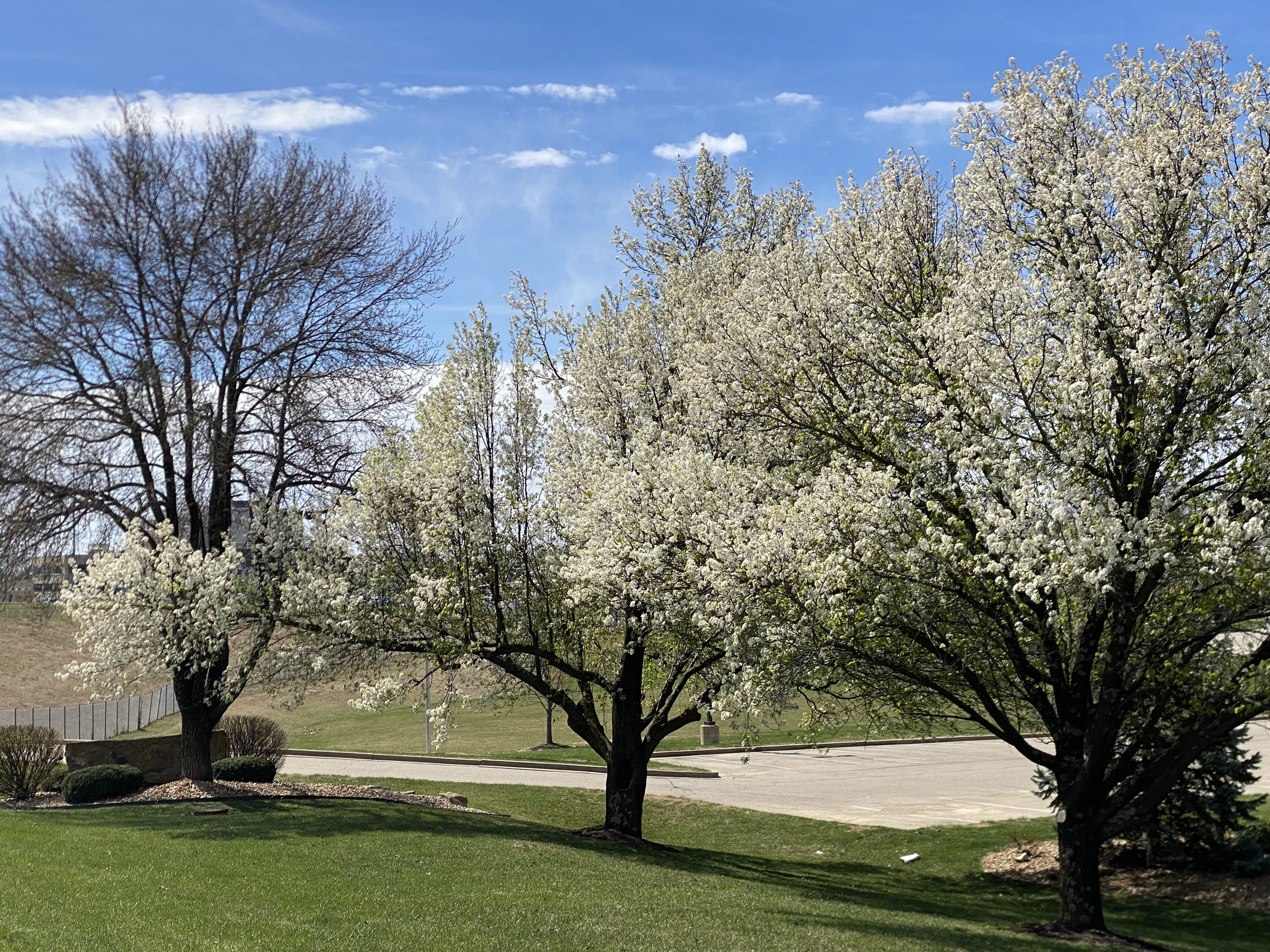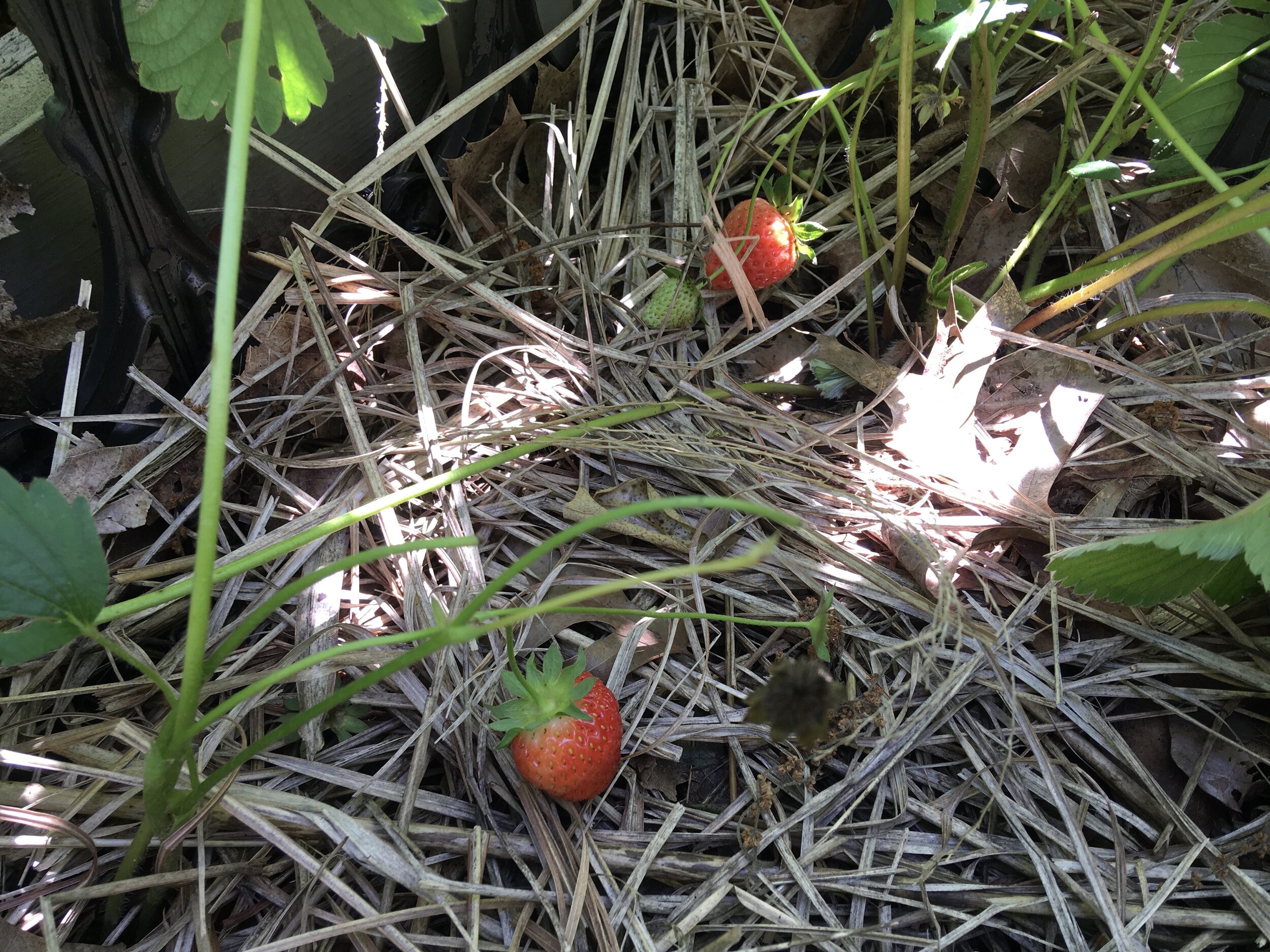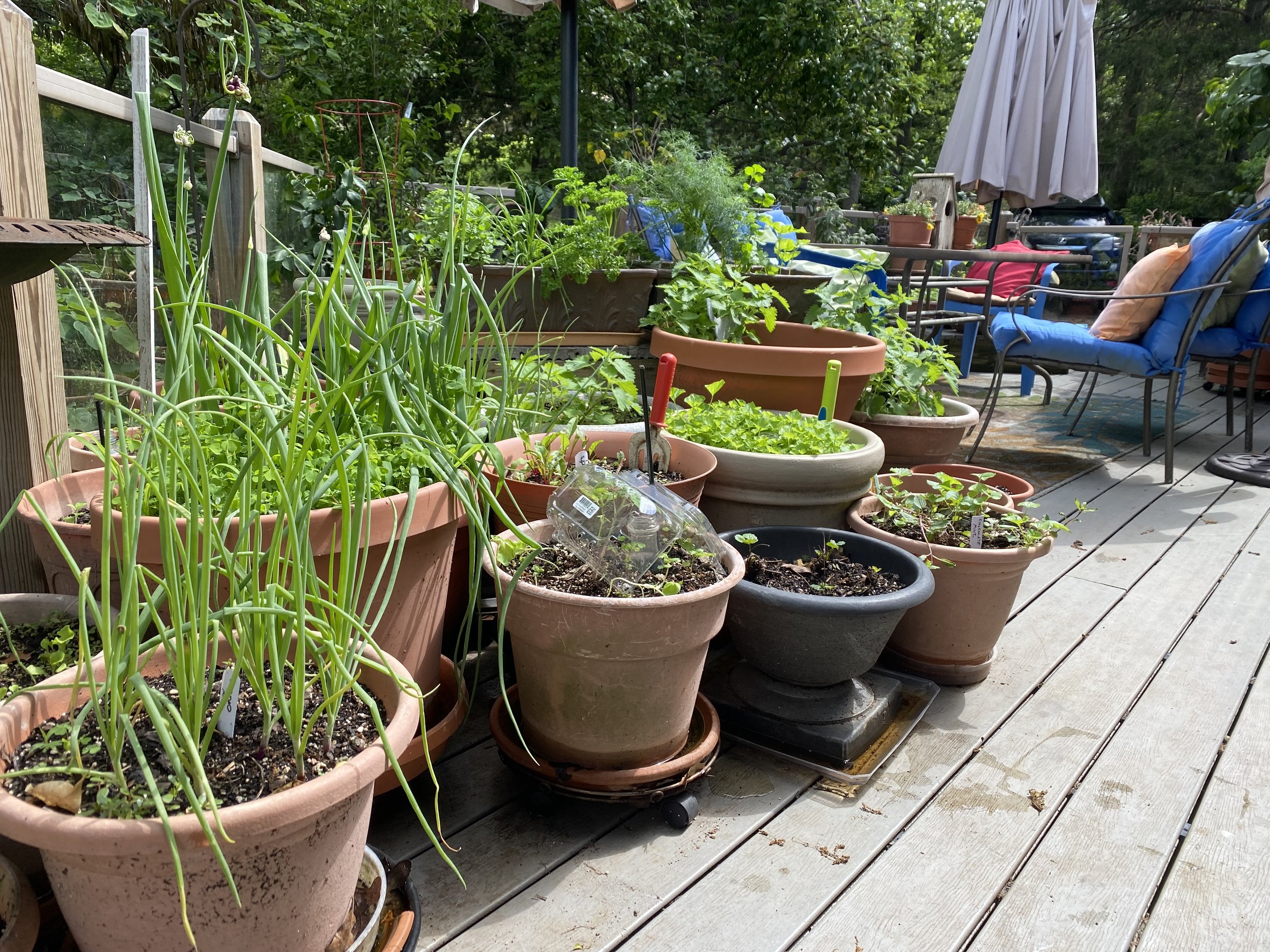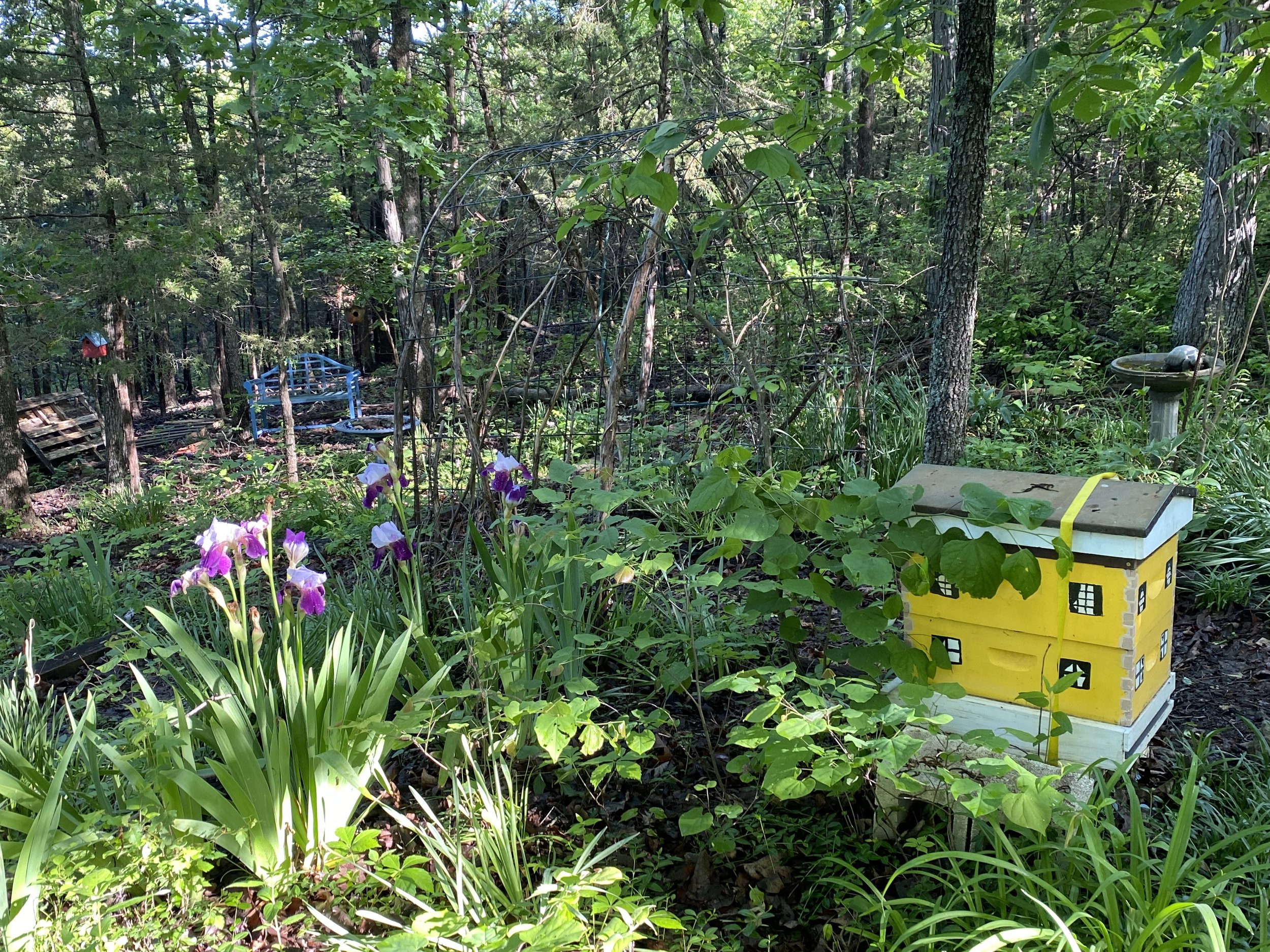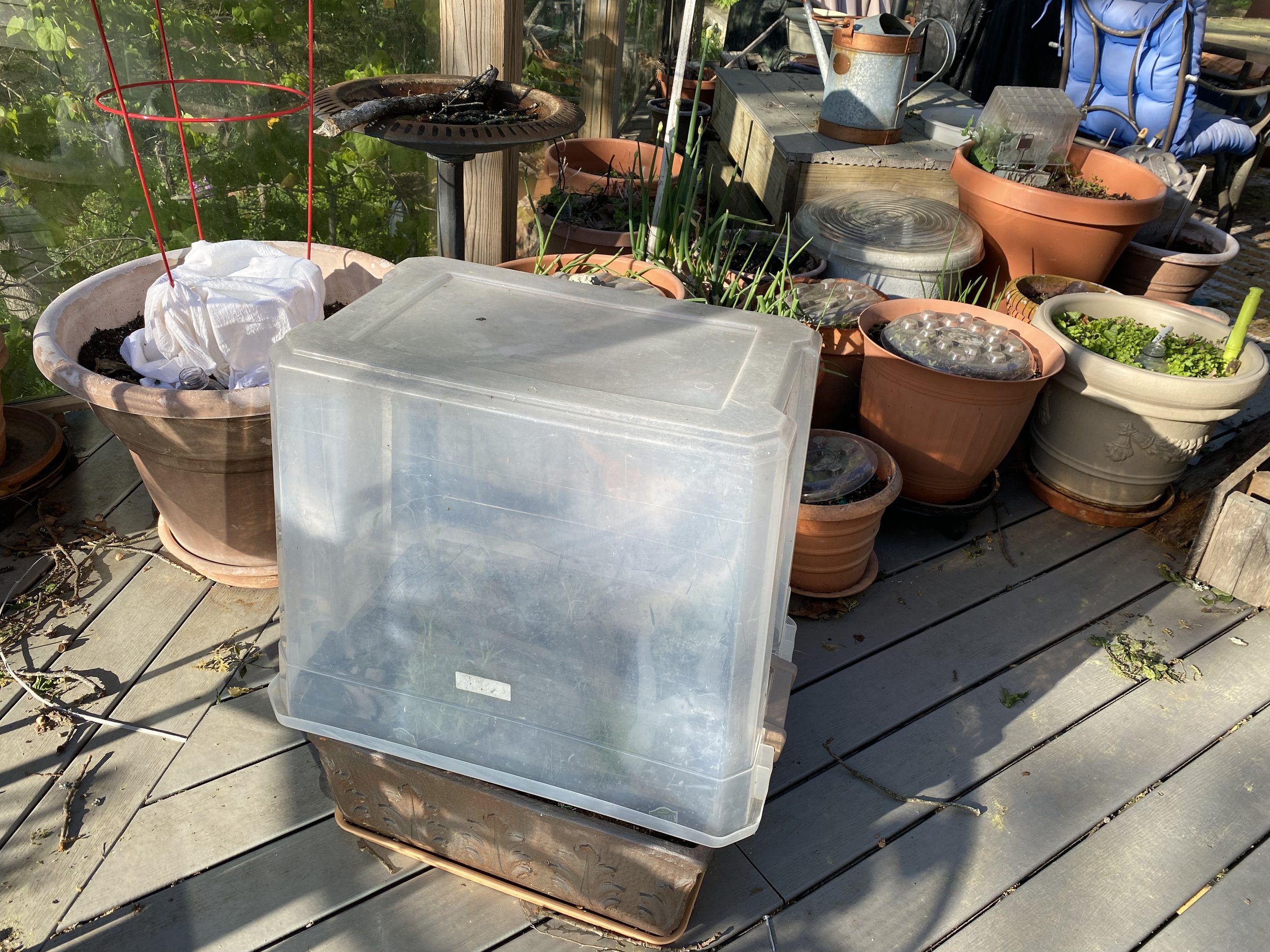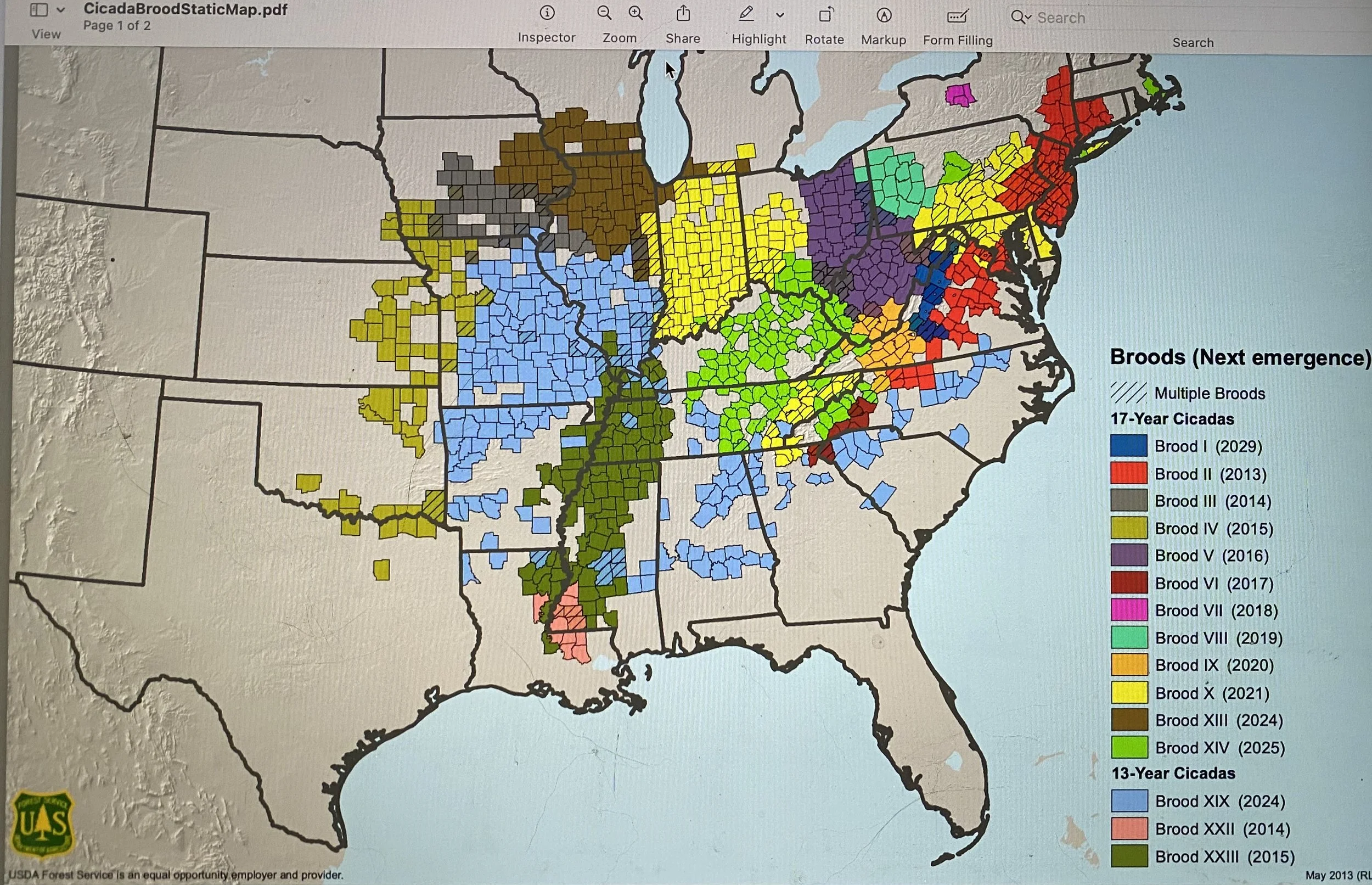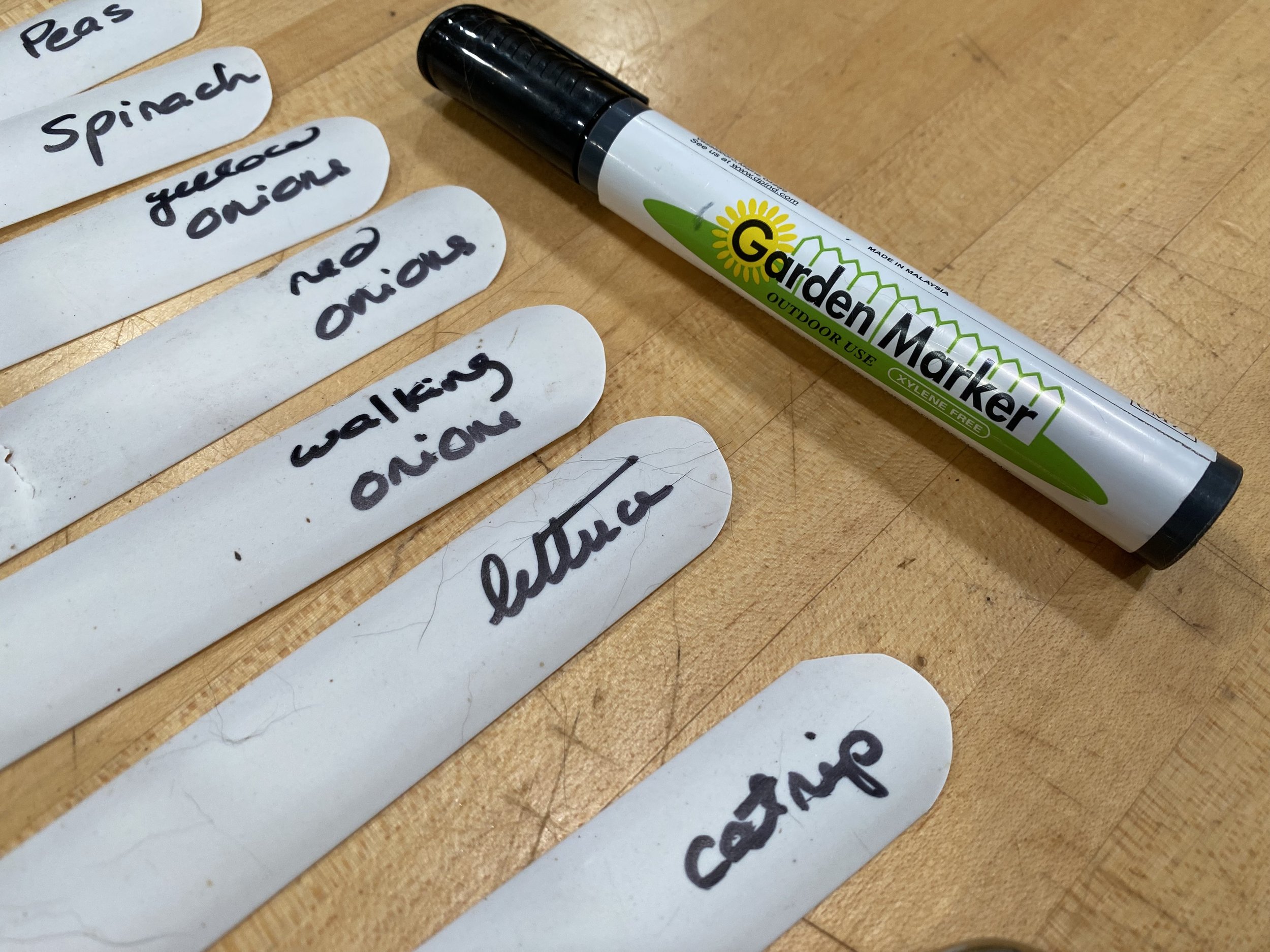When to Clean Up Garden
/dry leaves and flower stems get naturally incorporated in my apiary. (charlotte ekker wiggins photo)
“Charlotte when is it safe to rake leaves and cut down dried flower stalks? I know native bees may be hibernating in them…” — Ralph
When to Clean Up Garden
Good question, Ralph. I too can get the spring garden cleaning bug but successfully fight it off distracting myself reading a book or three. Frankly one year I was late getting to this task and the next thing I observed my garden had absorbed those dry elements all by themselves. Here’s a quick tour of one of my flower beds.
Here are 10 benefits of not cleaning up fallen leaves, small limbs and dead flower stalks:
Overwintering Sites: Leaves and debris provide essential overwintering sites for native bees and other pollinators. These insects may burrow into leaf litter or seek shelter under fallen branches to survive the winter months.
Nesting Materials: Dead flowers, twigs, and leaves can serve as nesting materials for native bees. Some solitary bee species construct their nests using plant materials found on the ground, such as leaf fragments and small twigs. Birds also depend on some of these materials to make their spring nests.
Protection from Predators: Leaf litter and debris can offer protection from predators and harsh weather conditions. Many native bees prefer to nest in secluded areas where they are less likely to be disturbed by predators or adverse weather.
Nutrient Recycling: Decomposing leaves and plant material enrich the soil with essential nutrients, promoting healthy plant growth. This nutrient-rich environment supports a diverse range of plant species that provide food and habitat for native bees and pollinators.
Pollinator Food Source: Dead flowers may still contain valuable pollen and nectar that can provide sustenance for pollinators, especially early in the season when floral resources may be scarce.
Habitat Diversity: A diverse range of habitats, including areas with leaf litter and fallen branches, supports a greater diversity of native bee species. By maintaining these habitats, you can encourage a healthy population of pollinators in your garden.
Reduced Maintenance: Allowing natural debris to remain in your garden reduces the need for excessive cleanup and maintenance. This approach promotes a more sustainable and low-maintenance gardening practice.
Environmental Benefits: Leaving leaves and debris undisturbed reduces the amount of organic matter sent to landfills, contributing to a more sustainable waste management system.
Supporting Biodiversity: By embracing a more natural approach to garden maintenance, you create a welcoming environment for a wide range of native bees, butterflies, and other pollinators. This, in turn, contributes to the overall biodiversity and ecological health of your garden.
10. More Time: Allowing your garden to absorb these materials gives you more time for other activities such as reading!
For more gardening, beekeeping, cooking and easy home decor tips, subscribe to Garden Notes.
Charlotte


